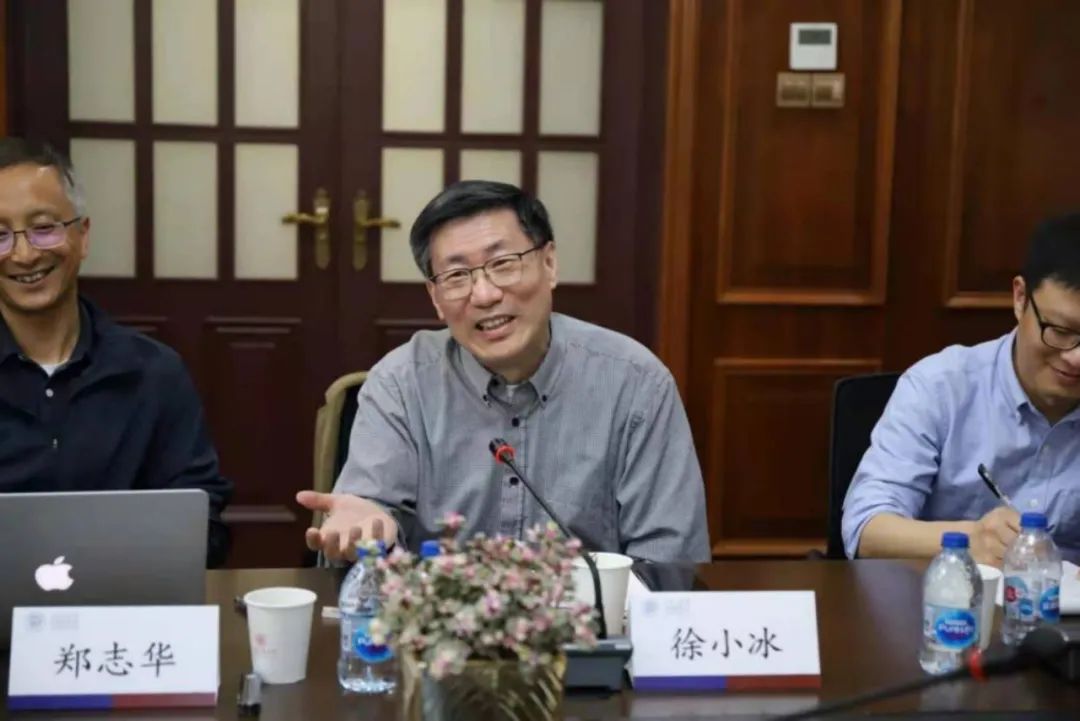“The Maritime Community with a Shared Future: Deconstruction of a Concept”, Lecture 2 of the “Asian Maritime Policy” Series was Successfully Organized by the Center for Japan Studies
On the afternoon of April 26, 2021, the second lecture of the series on "Asian Maritime Policy" by the Center for Japanese Studies, Shanghai Jiao Tong University, titled "Maritime Community with a Shared Future: A Conceptual Deconstruction", was successfully held in Conference Room 206, Beisi Building, Xuhui Campus. Cai Congyan, Professor of International Law from Fudan University, Changjiang Youth Scholar of the Ministry of Education, was the keynote speaker. Zheng Zhihua, associate researcher at the Center for Japanese Studies, Shanghai Jiao Tong University, hosted the lecture. Also invited for this lecture are Liu Dan, Associate Researcher of Koguan School of Law, Shanghai Jiao Tong University; Tan Jun, Assistant researcher of China Institute for Socio-Legal Studies, Shanghai Jiao Tong University; Lin Haozhou, Assistant researcher of China Institute for Socio-Legal Studies, Shanghai Jiao Tong University; Zheng Jie, Assistant Researcher of Institute of Ocean Equipment Engineering Technology Development Strategy, Shanghai Jiao Tong University; Jing Shiyuan, Postdoctoral Fellow of Koguan School of Law, Shanghai Jiao Tong University; Xu Xiaobing, Director of the Center for Practice of International Law, Koguan School of Law, Shanghai Jiao Tong University, made a summary of the meeting. In addition, experts, scholars and graduate students from Shanghai University of Interantional Business and Economics, East China University of Political Science and Law, Zhejiang University, Xiamen University, Northwest University of Political Science and Law, Dalian Maritime University, the First Institute of Oceanography of the Ministry of Natural Resources, Shanghai Institute of Legislation and other institutions attended the report.
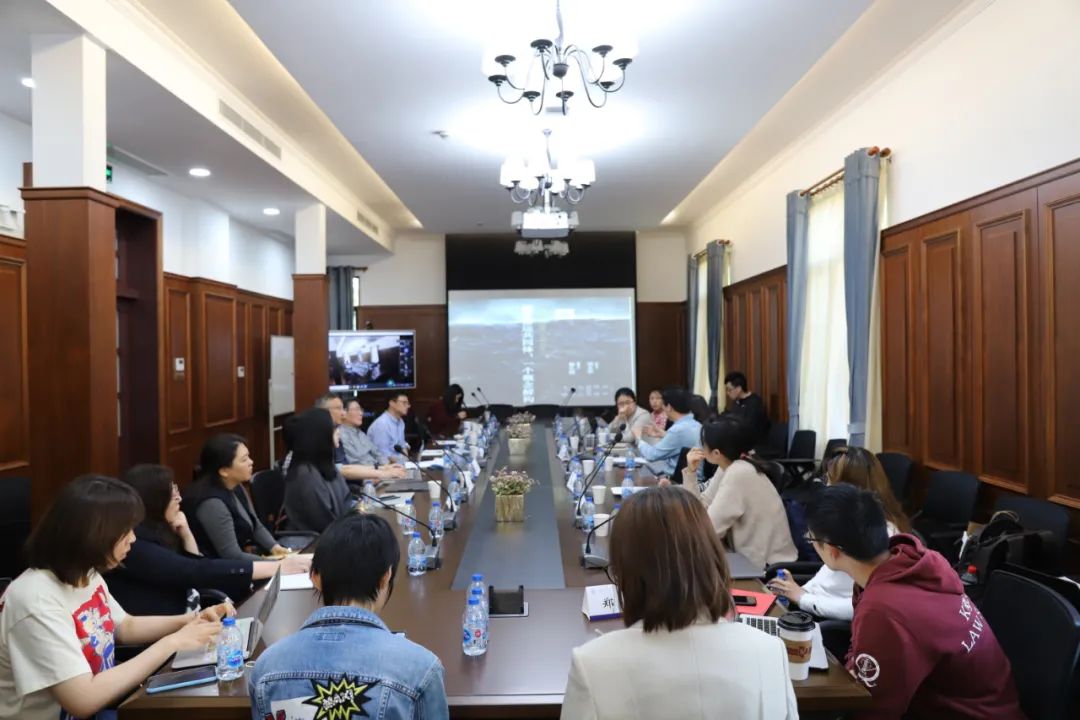
Zheng Zhihua first introduced Professor Cai’s outstanding academic achievements and influence, and extended a warm welcome to Professor Cai and all the teachers and students present. The underlying logic of the traditional law of the sea, he says, is the contradiction between freedom and sovereignty that has led to the various institutions of the law of the sea. With the development of the ages and the innovation of science and technology, the basic contradiction and basic paradigm in the law of the sea are gradually changing, from the traditional contradiction between freedom and sovereignty to the contradiction between ocean utilization and protection. Against this backdrop, the concept of a maritime community with a shared future is of great significance. But so far, the maritime issues in East Asia, whether practiced by relevant countries or discussed by scholars, have mostly remained in the traditional thinking of international law, the position of “atomized” sovereign states, and the narrow consideration of their respective maritime rights and interests, and have not been examined from the perspective of a “maritime community with a shared future”. If we re-examine maritime issues such as maritime delimitation, resource exploitation and environmental protection from the perspective of a maritime community with a shared future, we may have new insights. He believes that Professor Cai’s lecture is bound to bring new ideas and inspirations to everyone, and looks forward to the interdisciplinary dialogue to inspire new and interesting discoveries.
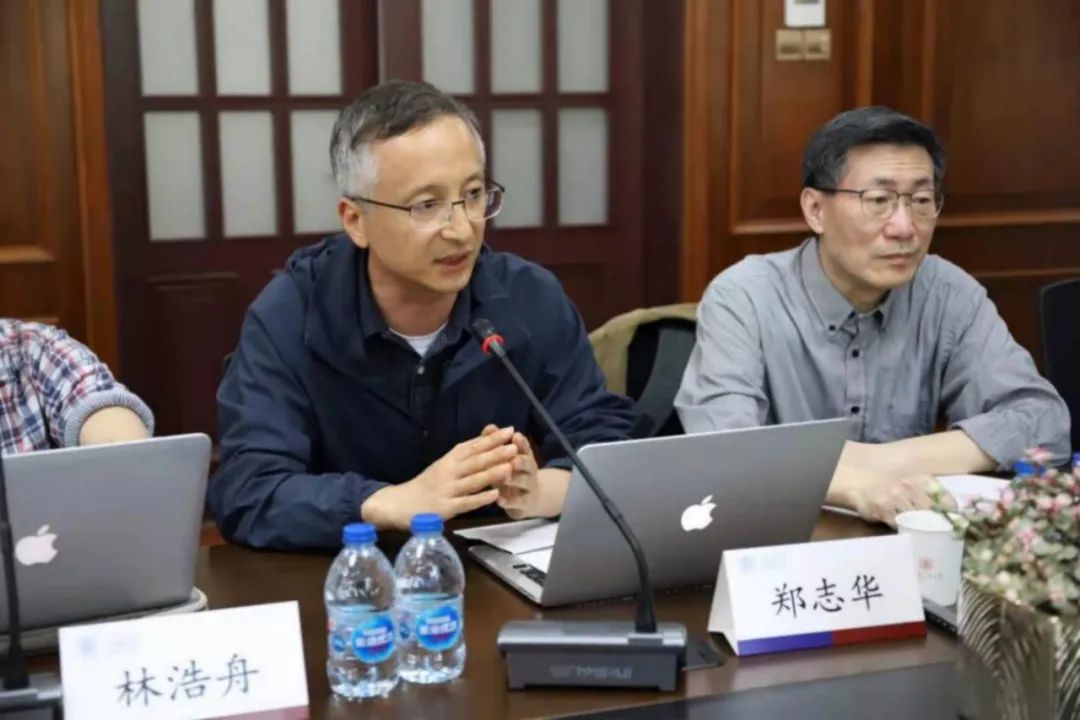
Professor Cai systematically elaborated the connotation, significance and challenges of the maritime community from six aspects, including the country as a community, the world as a community, how to define the community of shared future for mankind, the particularity of the maritime community, China's practice on the maritime community of shared future and some challenges China faces in promoting the construction of the maritime community. Professor CAI pointed out that there are still debates in the academic circle on whether the international community constitutes a community, but the most important thing to answer this question is to find out whether there are elements similar to the domestic social community in the international community which is mainly composed of countries. Then Professor Cai introduced four viewpoints on the nature of international community, namely religious community, political community, economic community and legal community. On how to understand the concept of the community of shared future for mankind, Professor Cai introduced the components of the concept proposed by China and pointed out the common misinterpretation of the concept by Western scholars. Professor Cai made an in-depth interpretation of the particularity of the maritime community with a shared future from the perspective of fact and law, and pointed out that the particularity of sea water flow makes it much more necessary and possible to establish the Marine community of common destiny than the “land community with a shared future”; from the perspective of law, it also means that the possibility of conflict on the ocean is higher than that on the land and in outer space. Finally, Professor Cai put forward a question whether the maritime community with a shared future is a political community or a legal community, a community of interests or rights, an inter-state mechanism or a supranational mechanism from the perspective of the construction mechanism of the community and the practice of the law of the sea. It also pointed out that G7 and NATO should be prevented from utilizing the “freedom of navigation” and other issues to mold China into an “oddball” outside the community.
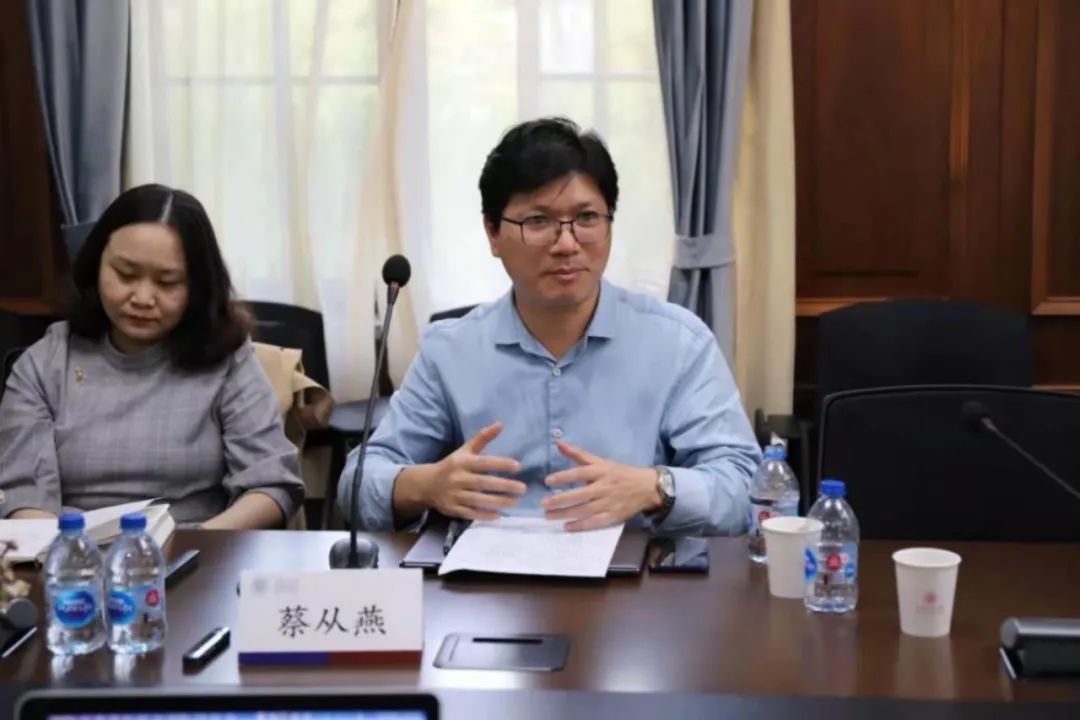
During the review period, Liu Dan believed that Professor Cai had made very insightful observations on Chinese identity, the interpretation of the community definition, Chinese maritime practices and the challenges it may face. Also, from a maritime or geopolitical point of view, the question of what kind of community the international community is can be complemented by a military point of view. In addition to the contrast with land and space, the particularity of the maritime community with a shared future should also include the polar regions. She believes that there are still many problems about legal norms and mechanisms to be solved in the construction of a maritime community with a shared future.
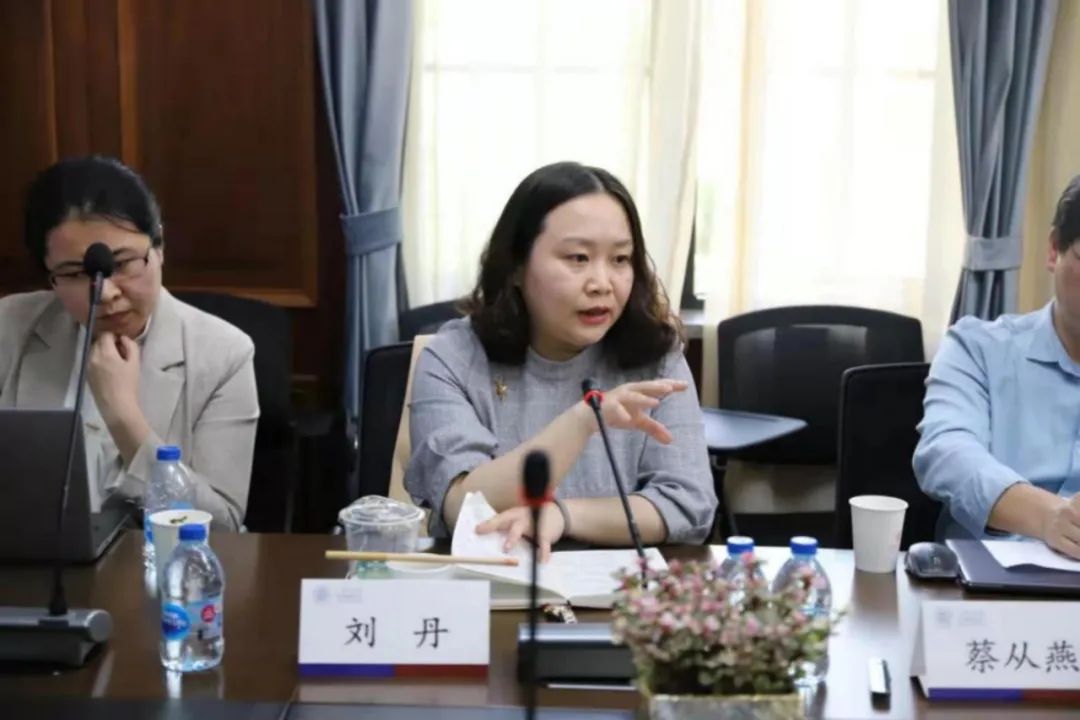
Tan Jun made comments from three dimensions, namely, Luhmann sociology of law, the relationship between settled peoples, nomadic peoples and Marine peoples, and the integration of man and everything. He believes that the maritime community with a shared future should not only consider the interests of people, but also take into account Marine life and environmental ecology. The concept of “unity of nature and man” from Chinese traditional ideological resources should be fully explored. In addition, the concept of community should be understood with the help of Luhmann’s ideological resources. No matter religion, politics, economy or law, they are not limited to the scope of sovereign states, but are beyond sovereign states. As long as they operate according to certain codes or rules, they are a community.
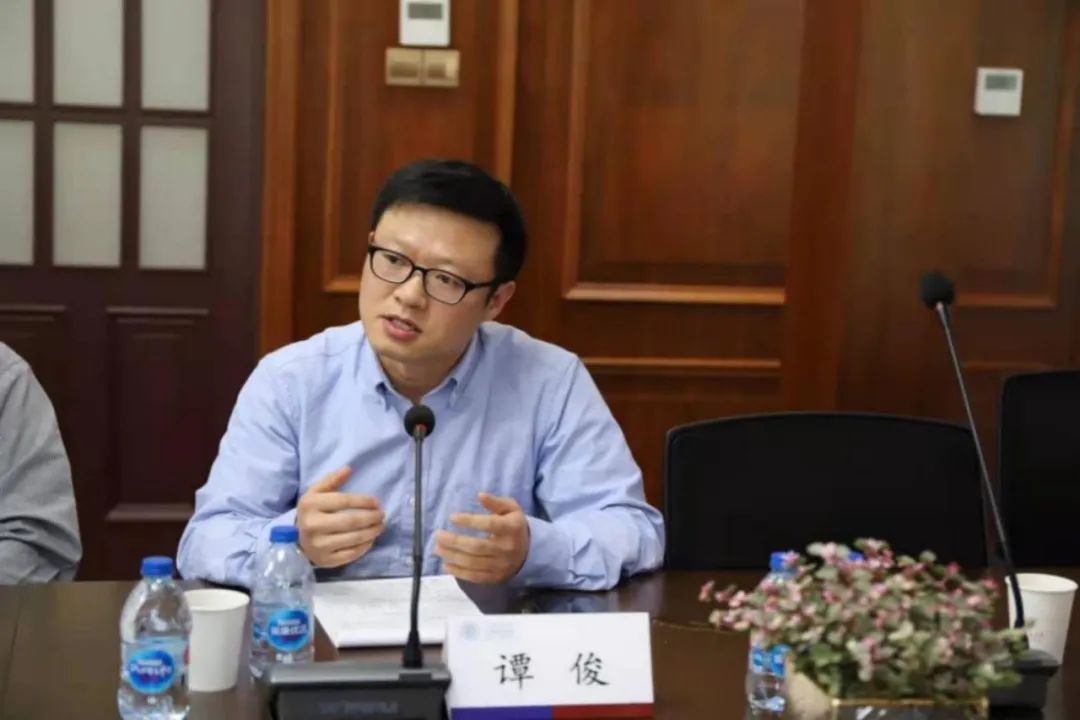
Lin Haozhou believes that Professor Cai not only deconstructs but also constructs the concept of maritime community with a shared future. He pointed out that the purpose of constructing the concept of maritime community with a shared future is to change the environment in which the game takes place, and make different players choose to cooperate rather than maintain a state of conflict when they have conflicts. From the four elements of the game (“actor”, “strategy”, “return” and “information”) , Lin made an in-depth analysis of the connotation of the maritime community with a shared future.
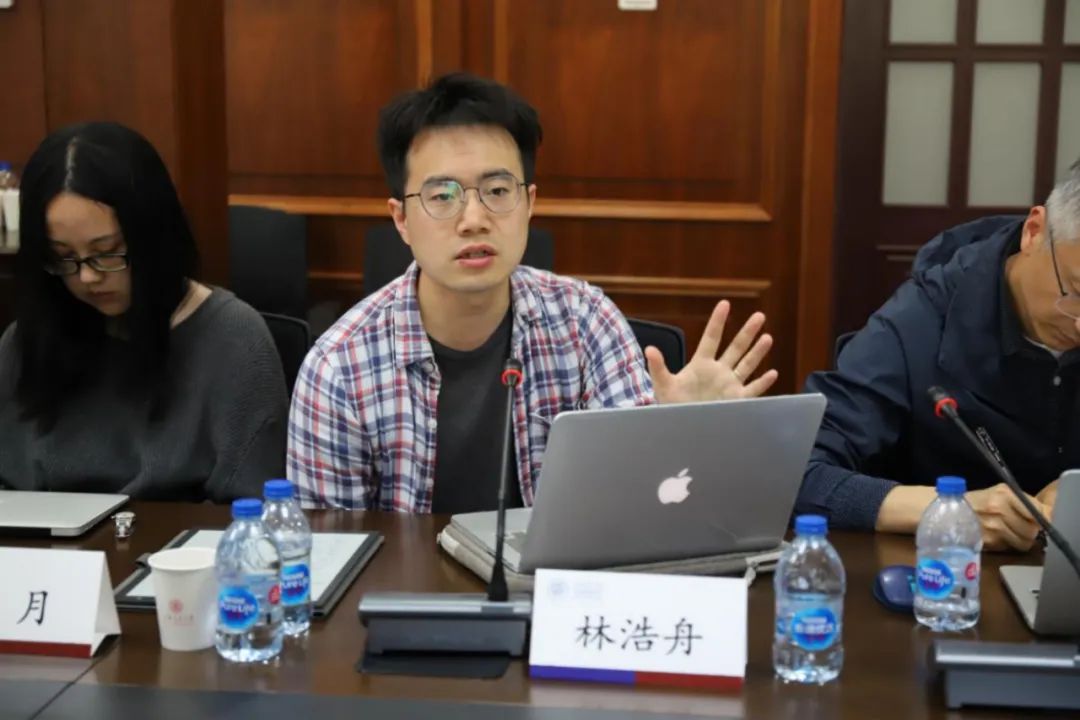
Zheng Jie said her understanding of the community with a shared future for mankind depends on whether countries can seek common interests and responsibilities. Therefore, when it comes to the nature of the international community, she advocates that the environment should also be considered as a community element from the perspective of shared responsibility. At the same time, it is also necessary to consider how to maintain the stability and durability of the community after its formation.
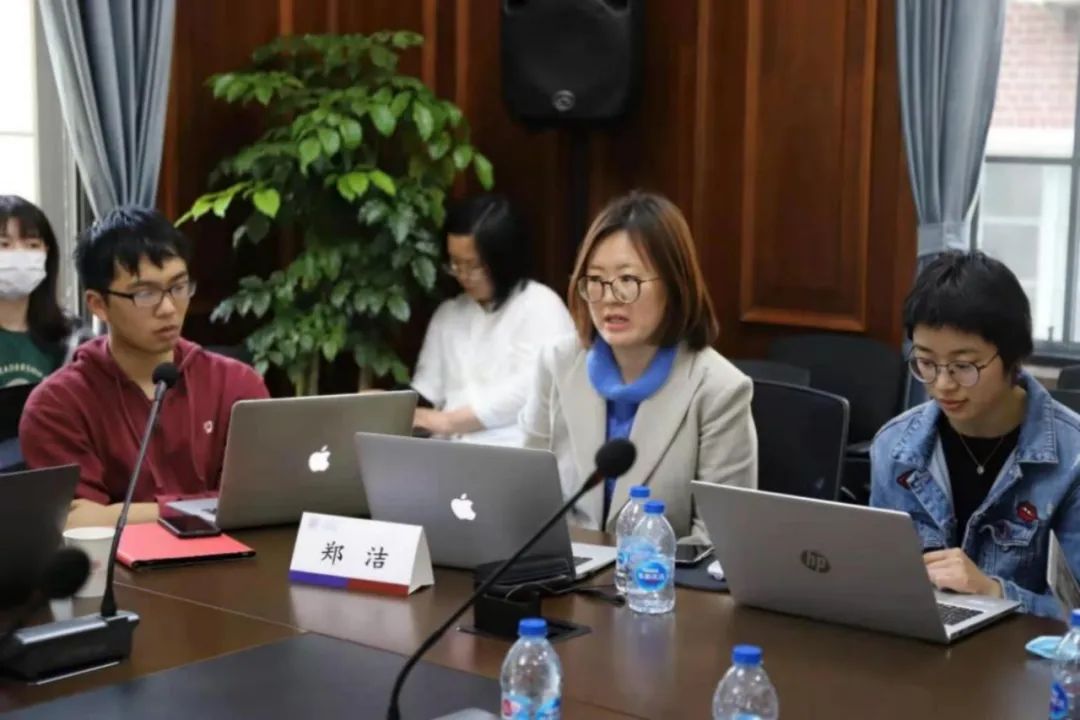
From the perspective of international environmental governance and intergenerational justice, Jing Shiyuan pointed out that human beings must develop and utilize energy in a way that does not endanger the integrity of the earth ecosystem and jointly open the road to green development. But at present, we are facing huge uncertainties in science and risks. From the perspective of time, issues such as climate change and marine pollution, which may have taken several generations to deal with, have suddenly become issues that should be dealt with properly by our generation. In this context, community solidarity is particularly needed to avoid excessive interference from political factors.
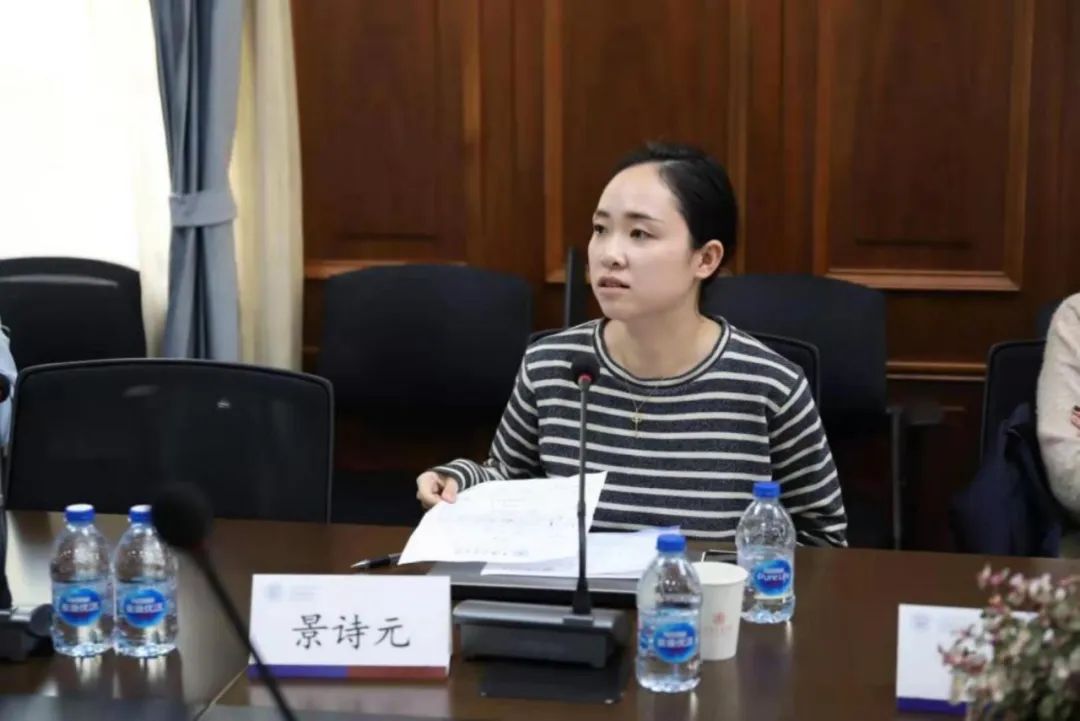
Mao Xiao observed the change of international law from the perspective of positive international law. According to her, the development of international law and international judicial practice seem to have generally shifted from state-centralism to a community-based perspective and path. Not only in the field of the law of the sea, but also in many fields of general international law, relevant practices based on the community approach have emerged. She elaborated the paradigm change of international law from the aspects of treaty reservation, identification of customary law, sources of international law, subjects of international law, jurisdiction, dispute settlement, use of force, state responsibility and so on. Her question is in what ways are the changes in international law compatible with Chinese proposition of the community with a shared future for mankind and a maritime community, and in what ways are they different.
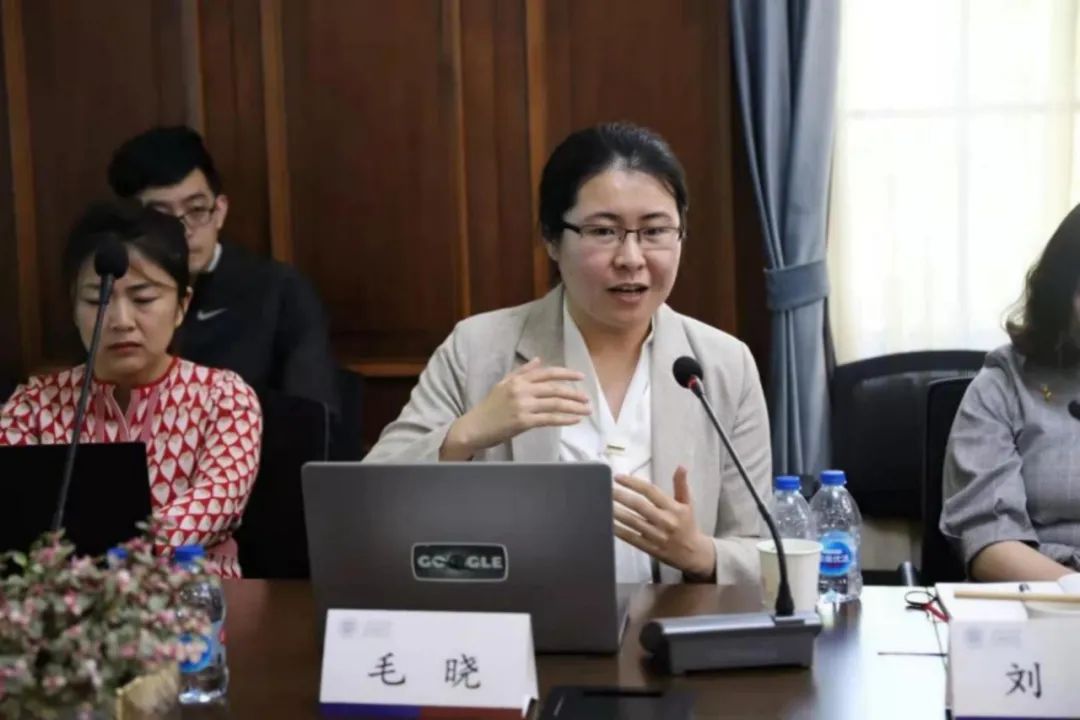
Professor Cai made wonderful responses to all comments and questions one by one. Finally, Professor Xu Xiaobing made a brief summary of the lecture. He pointed out that the community of a shared future is a very important concept, especially when we understand it from the perspective of the common disaster facing mankind, its significance becomes more prominent. However, we should also pay attention to various misinterpretations, misunderstandings and mistranslations in the external communication of this concept. He believed that Professor Cai and the other reviewers gave full and detailed explanations and comments on the Maritime Community with a Shared Future from various perspectives, which made everyone more clearly understand the relevant issues about the community. Such interdisciplinary exchanges and collisions benefited everyone a lot.
